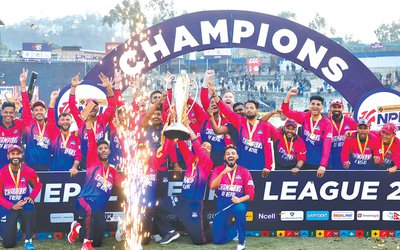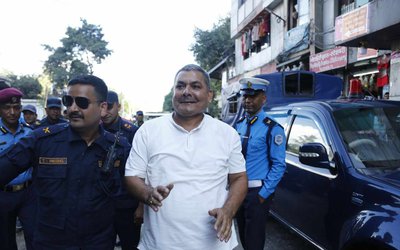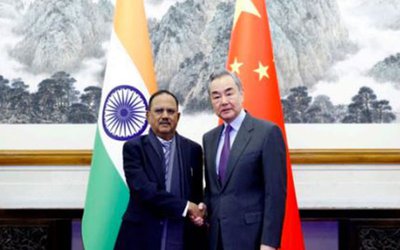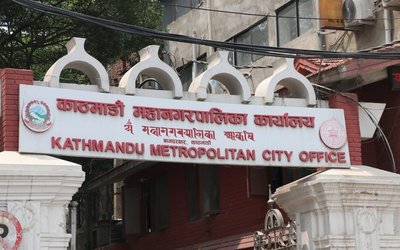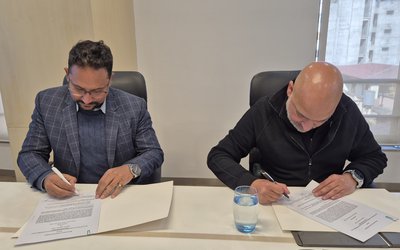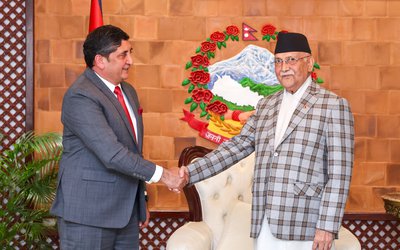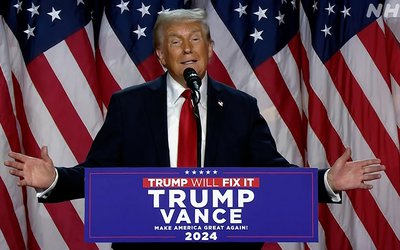The day Baburam Bhattarai took the oath of office as the prime minister, many in Shital Niwas saw Chief Justice Khilaraj Regmi in an awful mood. He told every high and mighty there not to undermine the Supreme Court, and not to expect it to bail out the wrongdoers. No one knew the context, but Chief Justice Regmi and his bench had delivered a vague judgment just a day earlier on the extension of the tenure of the Constituent Assembly. The judgment was silent on when the count-down for the ‘six-month limit’ for CA extension, which a full bench led by him had allowed earlier, began, if it was followed by a state of emergency declared in the country, something that has not happened during any tenure extension of the CA in the past.
Inder Malhotra, India’s noted political commentator wrote recently after a weeklong stay in Kathmandu, that the six months’ additional tenure of the House beyond November 30, 2011 will be that ‘six months’. Constitutional explanations, including from the Supreme Court, have to stipulate when the actual count-down begins. In the absence of that, four major political groupings will always invoke the Doctrine of Necessity that the SC judgment of August held valid, and keep extending the deadline each time the House fails to deliver the new constitution. The Supreme Court has, once again, before it a similar petition as the government is all set to inject fresh life to a House that has outlived its normal tenure, and stands discredited in the eyes of the people. But what has not yet been deciphered is the real cause and provocation behind Chief Justice Regmi’s outburst in Shital Niwas that day. Still, one hopes, the clarification and explanation of the judgment must come from authentic quarters, and in an authentic manner, than having to depend on some media commentators writing about it.
While SC judgments, comments, and notices are not debated critically given the respect the institution commands in democracy, they at times generate controversy while touching on certain sensitive issues. The SC notice to President Ram Baran Yadav and Prime Minister Baburam Bhattarai in the infamous Balakrishna Dhungel amnesty case potentially opens a fresh row. President Yadav perhaps does not feel too comfortable in the puzzle created by the cabinet decision asking him to pardon and write off the life term awarded to Maoist leader and legislator Balakrishna Dhungel. The Supreme Court, even before the president took any stand on the case, has asked him to appear before the bench. The President’s real woes begin from there.
He had undoubtedly expressed his reservation when Prime Minister Bhattarai approached him in advance with the warning that he would be recommending for the amnesty to Dhungel. Yadav asked him to go into pros and cons of the case, and take a wise step. But Bhattarai overruled the President’s suggestion and finally recommended that Dhungel be pardoned. Now that the Supreme Court has dragged the President, he is under compulsion to respond. And given the rigid public stance that the Prime Minister has taken, and the pressure from human rights groups and his own feelings, it might trigger a rift between the President and the Prime Minister.
The Prime Minister has already overruled the President. And if the two decide to go different ways legally and politically, then it becomes a ‘President Vs Prime Minister’ war in the Supreme Court. In that case, the Attorney General, the highest legal advisor to the government, will naturally go against the President. Mukti Pradhan is not only a Maoist cadre and party activist, but also a nominee of Bhattarai. But a situation in which the Attorney General or his office will be pleading against the President is unthinkable, although we had him pleading against Information Minister Jaya Prakash Gupta in the Supreme Court recently. Pradhan, in fact, had accompanied the Prime Minister to the President almost a week before the cabinet decided to recommend granting amnesty to Dhungel, waiving the punishment he was awarded for murder by the Supreme Court. Pradhan argued that such a withdrawal was in the interest of the peace process, and that there was nothing wrong in doing so politically and legally. He was, however, not harsh as Bhattarai who implied that those who were opposing the amnesty were the ones in the business of ‘dollar farming’.
But the subsequent SC notice has landed the President in a bigger crisis, although it provided a brief reprieve to the Prime Minister, who had come under harsh criticism from other political parties and the human rights groups, save some individuals, whose silence on the issue was certainly mysterious. Interestingly, prior to its summoning the President, the Supreme Court chose not to ask the government about the efforts made or not made, and the reason there of, towards arresting Dhungel and confiscating his property as ordered by the Supreme Court nearly a year ago.
If the legal battle ensues, the Attorney General will defend the government and the Prime Minister, leaving the President to fend for himself. Will the government allow the President to hire his own set of lawyers? Will it provide the necessary legal fees to the President? And more importantly, will the court settle, once and for all, if the President is supposed to be signing on the dotted lines, not raising any question on cases like Dhungel’s? What are the hitches before the Constituent Assembly and the legislature in terminating the membership of a murder convict?
There are instances when the President and the Prime Minister have differed on political issues and their legality at times. And there are also instances of legal battles having been fought between the legislature and the executive, but a President vs Cabinet (read Prime Minister) in the court in Nepal will be a new thing. Initially, the President may simply say he is yet to apply his mind in the case and therefore needs more time, or he will endorse it, or he will reject it. Theoretically speaking, he can also challenge the court jurisdiction in issuing such a notice to the head of the state. But is there any way he can get out of this whole controversy?
The current controversy also involves the issue of ‘culpability’ of the President either way: whether he endorses the cabinet decision or refuses to go with it. The Interim constitution does not incorporate the ‘King can do no wrong’ spirit, and gives enough leeway to the President to exercise his conscience and judgment, according to constitutional lawyer Kumar Regmi.
“He has a duty and responsibility to uphold law and constitution as well. Pardoning somebody who has murdered a citizen will be a crime of equal measure on the part of the President,” Regmi told The Reporter.
The only time that the confrontation between the President and the Prime Minister came into the fore was when Yadav, backed by 18 political parties, overruled then Prime Minister Prachanda’s decision to sack General Rookmangud Katawal as the army chief on May 3, 2009. Prachanda resigned, and the President had his way on the issue. But will history be repeated this time?
- SWISS SUPPORT: Construction Of A Trekking Trail In Koshi
- Dec 19, 2024
- PM OLI'S VISIT TO CHINA: BRI Agreement
- Dec 16, 2024
- RASUWAGADHI AND SANJEN: Begin Generation
- Dec 03, 2024
- NEPAL, INDIA ELECTRICITY TRADE Nepal's Advantage
- Dec 02, 2024
- PM Oli'S VISIT TO CHINA: Nepal's Dilemma
- Dec 01, 2024

